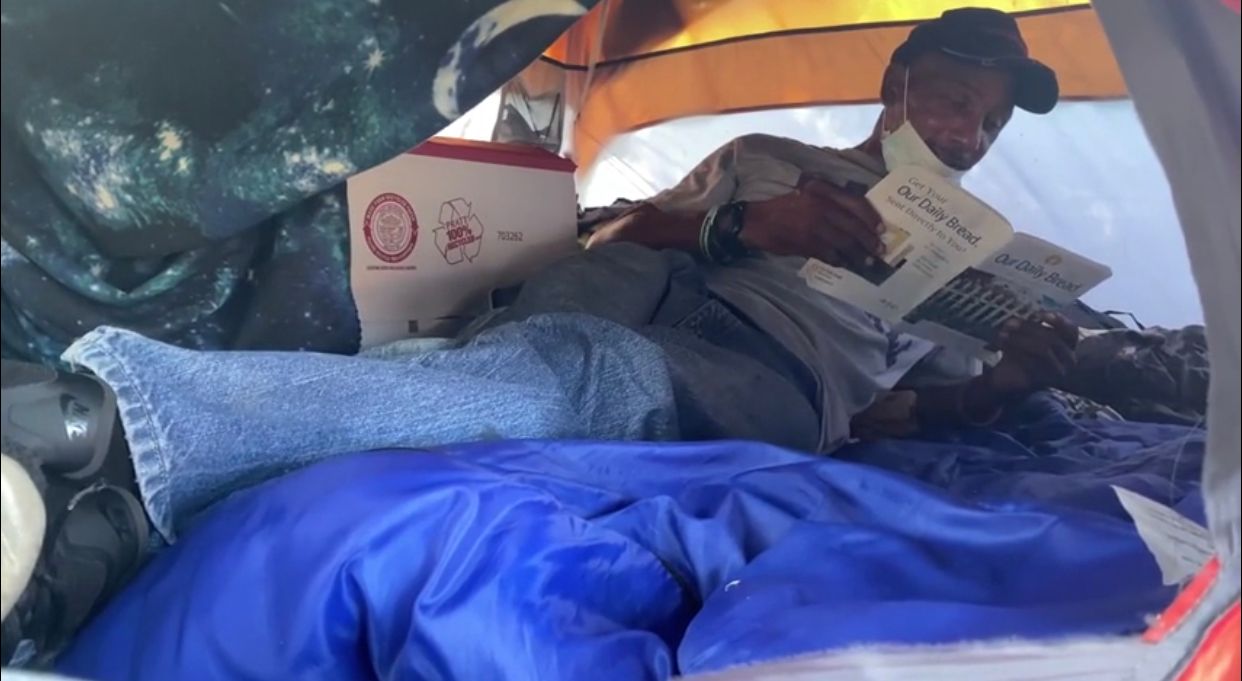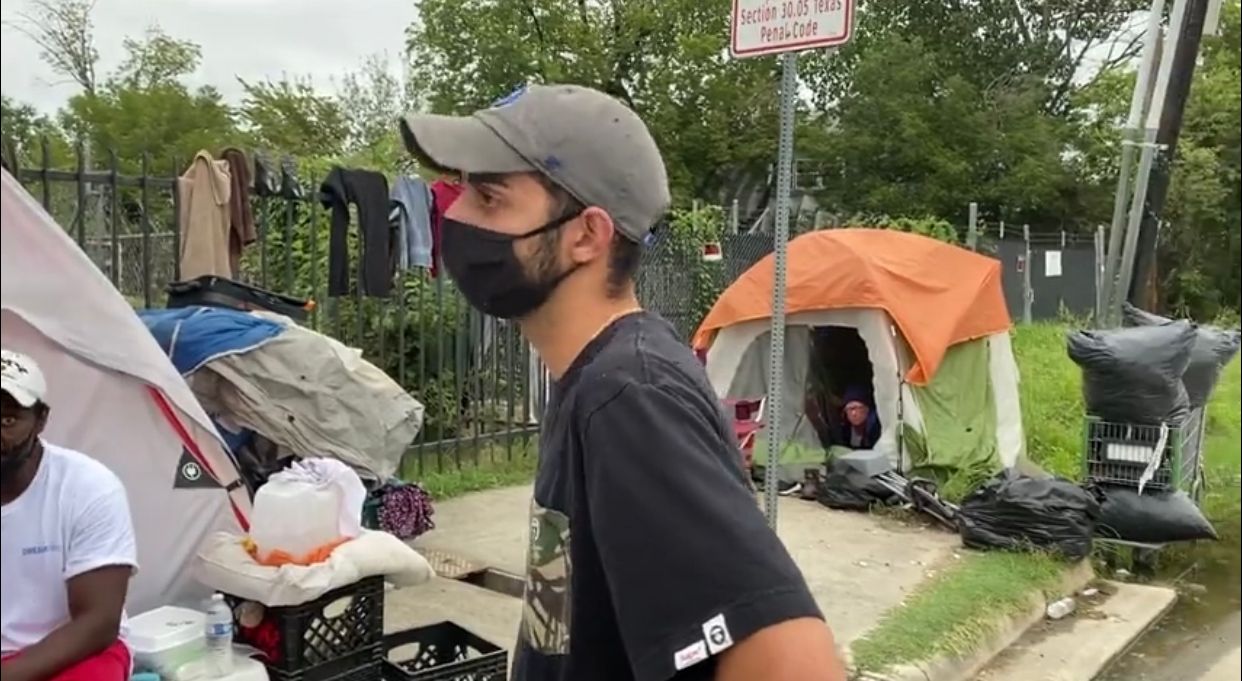DALLAS — Psychologists say society is tied to what we can produce and what we can obtain, so much that it becomes a part of our value.
Instead of putting focus on who we are, we focus on what we have. In recent times, unemployment and eviction have become normal. This loss of value can cause addiction, depression and anxiety.
Since the pandemic has begun, COVID-19 has left many in a bind. The Aspen Institute Financial Security Program and the COVID-19 Eviction Defense Project projected that 19 to 23 million renters in the United States are at risk of eviction through the end of 2020.
Spectrum News met with Willie Hodge who was evicted 15 years ago for not paying rent. He spoke about the lasting mental effects eviction has had on his life.

"Seems like it's kinda hard. Harder and harder to find a place to stay. It just frustrates you.” Hodge said. “You put all your money into it and then they turn you around and turn you away."
Since being evicted, Hodge hasn't been able to bounce back. Noyau Wellness Center counselors in Dallas say that pattern is normal for those who have faced the same trauma.
"It made it harder to find an apartment,” Hodge said. “Even though you're trying to find somewhere to stay. It made you try to seek out options."

Counselors say feelings of disappointment, stress, anxiety and PTSD are common symptoms families and individuals face after being evicted. To combat this, Hodge makes sure to be an active part of his community. Noyau Wellness center experts say this coping mechanism helps people feel a sense of stability and normalcy.
Ryan Ahmadian with Diaspora United, an advocate and volunteer for those who've been displaced from their home, has seen first-hand the lasting mental health implications eviction has.
"They’re very loving people, but you know, also struggling with depression and other sorts of mental illnesses that they may have had prior to being homeless,” Ahmadian said. “This may have become the reason why they became homeless. The society we live in isn't very caring for people with mental health issues, the public health industry isn't set up in a way to where it's accessible to get that type of treatment, and even if you can get the treatment, it's probably not the proper treatment."
Ahmadian says he hopes change can come for those who have faced eviction. Until then, Hodge says he’s content with his circumstances for now.



